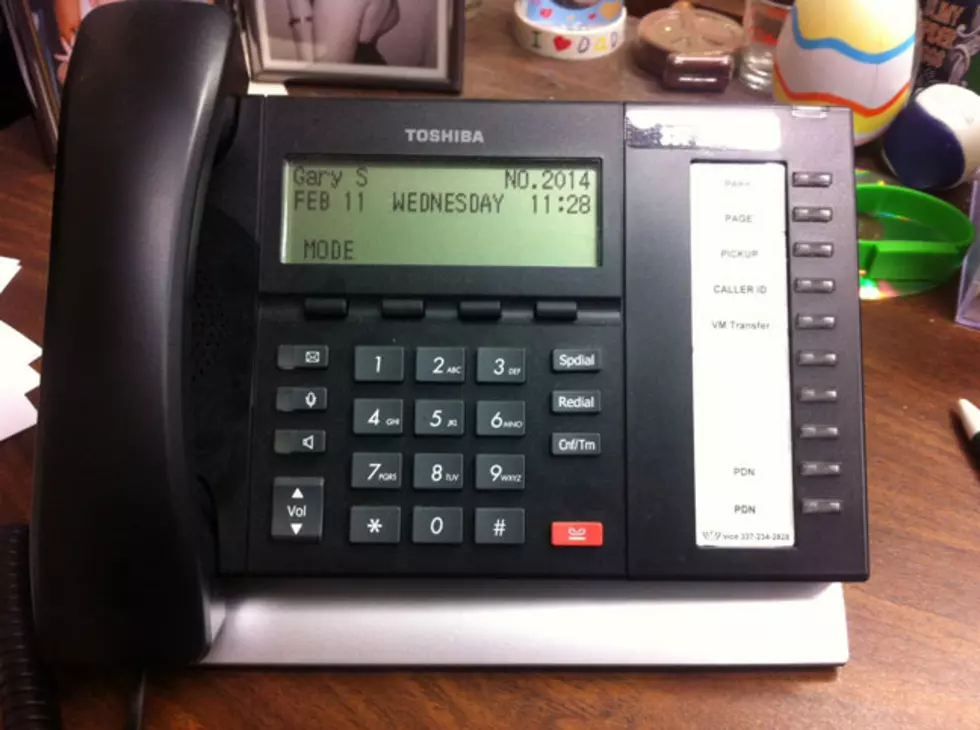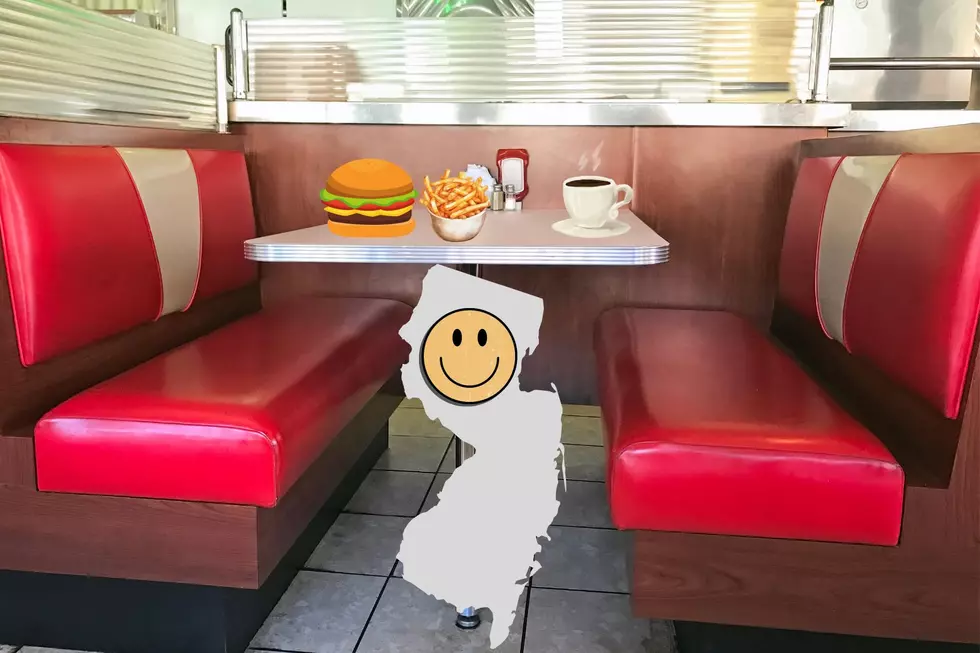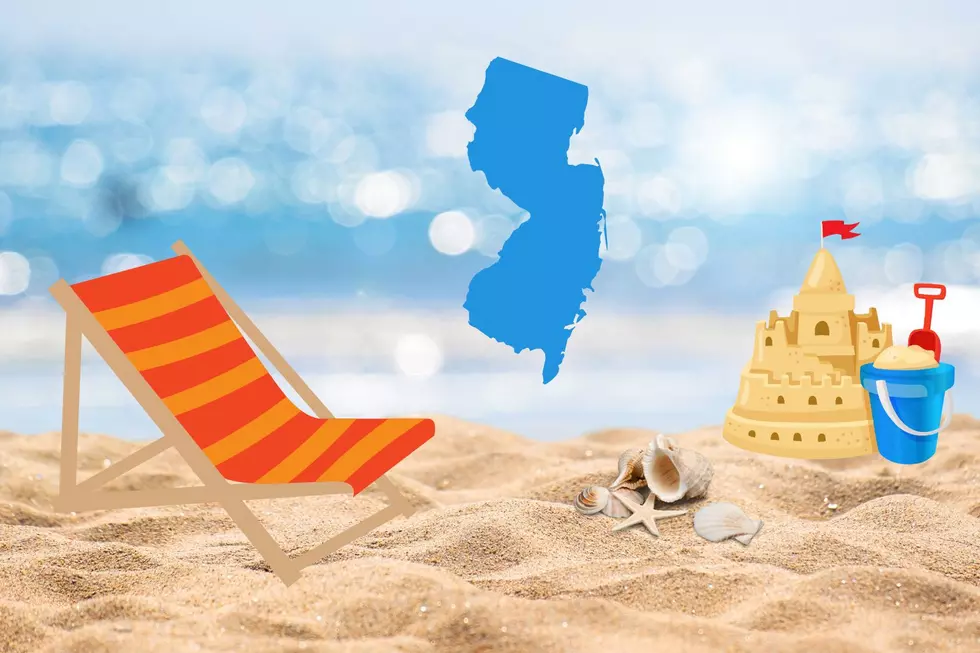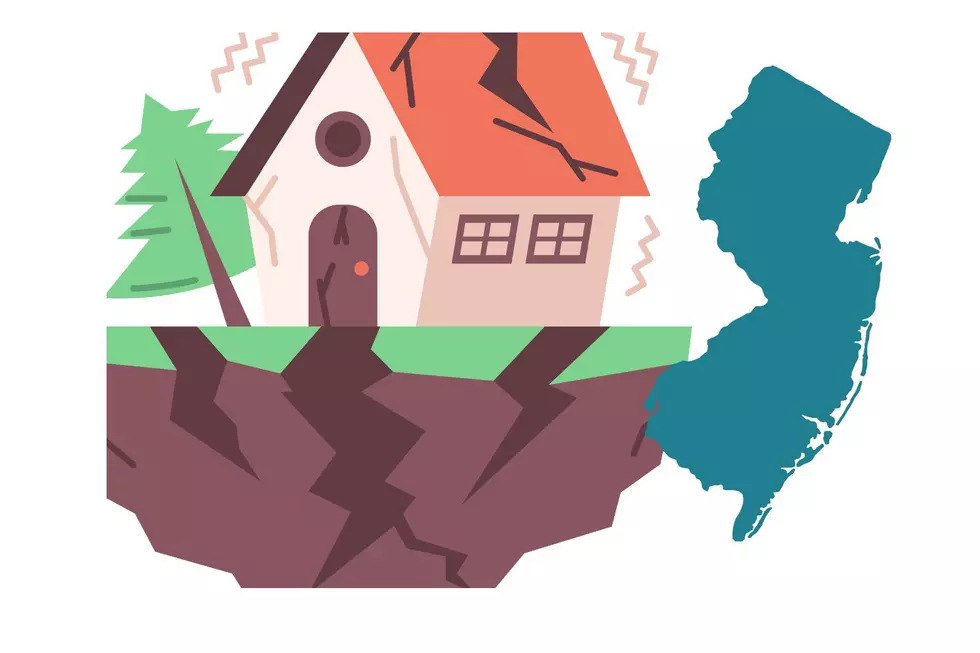
What it takes to handle suicide and crisis phone calls in NJ
Not just anyone can calm an individual who's contemplating suicide, especially if that individual is a complete stranger.
In the Garden State, several days worth of training are expected before someone can sit in front of a phone and be considered ready to handle calls from residents in crisis — in many cases, for free.
Jan. 23 launches a three-month-long training process run by CONTACT of Ocean & Monmouth Counties, a 24-hour crisis intervention hotline that also provides callers with information on available resources, as well as referral to community services.
The spring training program educates wannabe volunteers for three hours a night, once a week for 12 weeks. Following that, interested individuals enter the call center to observe live calls. The fall training program runs twice a week for six weeks.
"Trying to find volunteers and get them to commit is a struggle. We do find that once they do complete the training process, that they are very dedicated and committed to our mission," said Kim Santora, executive director of the Ocean-Monmouth office.
The center receives an average of approximately 26,000 calls per year, from individuals dealing with poverty, substance use disorder, abuse, depression, mental and physical health issues, and other problems.
"We take training very seriously in that we want to make sure that whoever we put on the phone, we're comfortable that they're ready and that they're comfortable that they're ready," Santora said. "Because you are dealing with real situations."
Those interested in becoming a volunteer can call 732-240-6104 to register or for additional information.
Up to 80 hours of training may be necessary before a a staff member can take calls independently for the New Jersey Suicide Prevention Hopeline, part of Rutgers University Behavioral Health Care. Training, both live and online, is mostly conducted on an individual basis.
"Staff are also provided ongoing supervision and have access to several levels of consultation at any hour of the day," said William Zimmerman, clinician supervisor. "There are also ongoing training opportunities and a regular exchange of information related to developments in the field of suicide prevention."
While there's no work more important than assisting a caller contemplating death, Zimmerman said, suicide prevention is not an exact science or formulaic endeavor. For those who regularly speak to callers in crisis, he said, secondary trauma or compassion fatigue is a real concern.
"Thankfully, resilience can be fostered and there is a lot of data available on how to do that," Zimmerman said.
NJ Hopeline employs paid staff to answer hotline calls, he said. Volunteers are utilized for supportive duties and outreach work.
More from WOBM News:

More From 92.7 WOBM










